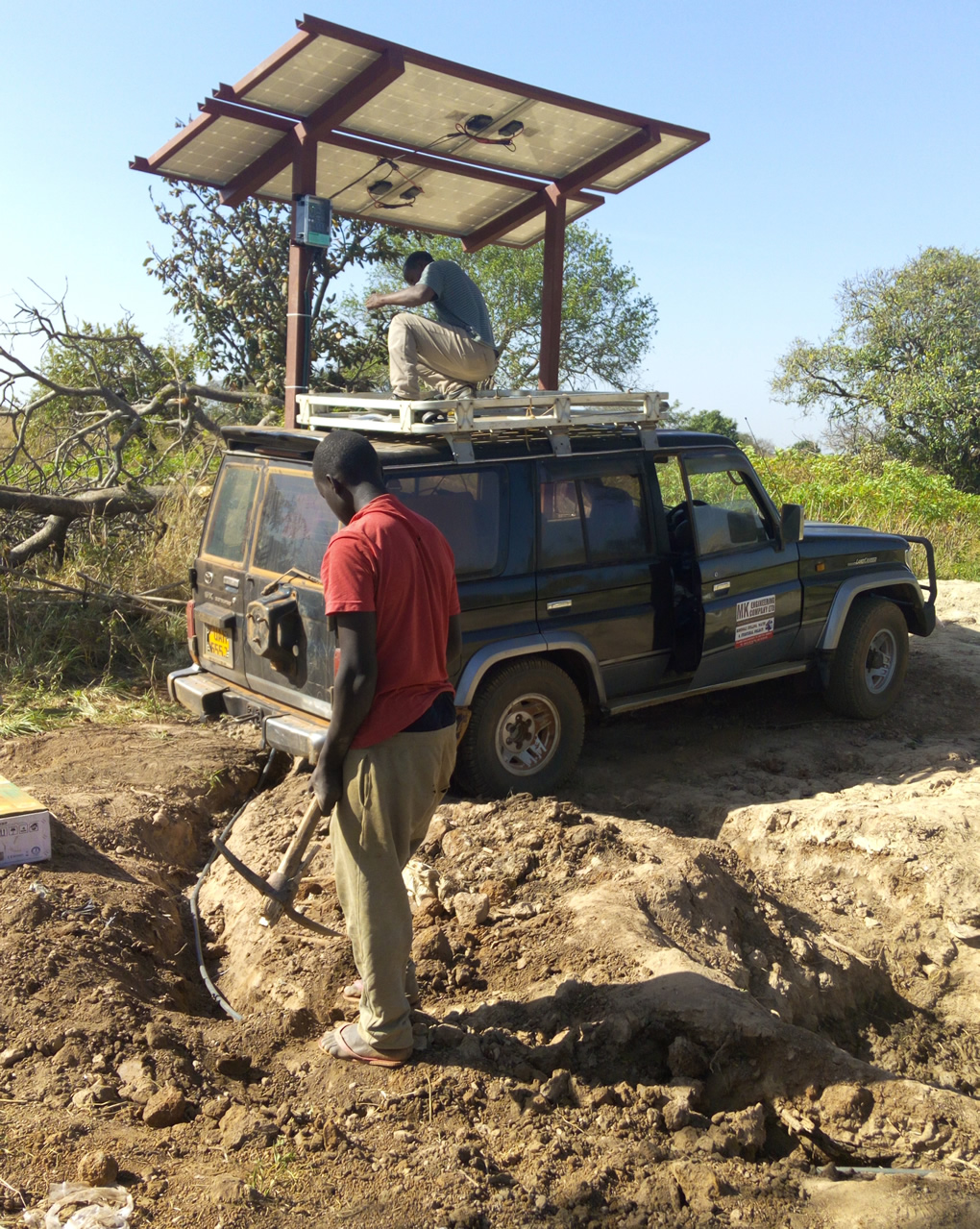ANS: If you have a garden, or a plot or even an open space, you can have a borehole.

Call Us Now
+256752520590, +256772520590
Send Mail Us
mk.engineering8@gmail.com
1) Can I have a borehole?
ANS: If you have a garden, or a plot or even an open space, you can have a borehole.
2) How Much Does a Borehole Cost?
ANS: We provide a pricing breakdown which will explain the costs in detail. There are several factors which can affect the cost of borehole drilling which include: underlying hydrogeology, the type of drilling method used, the depth of the borehole, amount of water required, location, the type of pump that will be installed.
3) Is my site suitable for a borehole?
ANS: This depends on the geology of the area and your requirements. The water table level and the geology of the area, play a role in determining the depth at which water can be found as well as the quantity.
4) Do you guarantee to find water?
ANS: It is almost impossible to 100% guarantee that water will be found on any site but we endeavour to provide as much information through the process to enable you to make an informed decision.
5) How safe is borehole water for drinking?
ANS: We recommend having a lab test conducted by a recognised laboratory before considering using borehole water for human consumption. These tests are relatively inexpensive. We also recommend installing a water treatment/filtration system if the borehole water will be used in your home, we can recommend companies that can assist with this process.
6) How deep should a borehole be?
ANS: There is definitive answer to this question. We can look at the historical information of the area but essentially, a borehole should be as deep as is required to reach the aquifer (water bearing rock). The depth of a borehole very much depends on where you are located and the underlying geology. It could be anywhere from 30m to 100m.
7) How do you abstract water from a borehole?
ANS: A submersible pump is required to bring water to the surface. The pump required depends on various factors, such as the depth of the hole, quantities of water required, the the desired pressure and what it will be used for. In order to get the most of your borehole, we would carefully design the correct pumping system to use.
8) How long will a borehole last?
ANS: Most boreholes can last many many years. Making use of PVC piping has also meant that newly constructed boreholes can last even longer, with the older steel casings, we find these rust and disintegrate. The correct casings and drilling techniques will prevent the borehole from collapsing.
9) How long does it take to drill a borehole?
ANS: This is all dependent on the depth of the borehole as well as the method of drilling required. Generally, air percussion drilling is far faster than mud rotation drilling. The ground geology also makes a difference in the time it takes to drill. As an example a 140mm borehole drilled to a depth of 50 meters may take around 1 to 2 days provided there are no problems during the drilling process.
